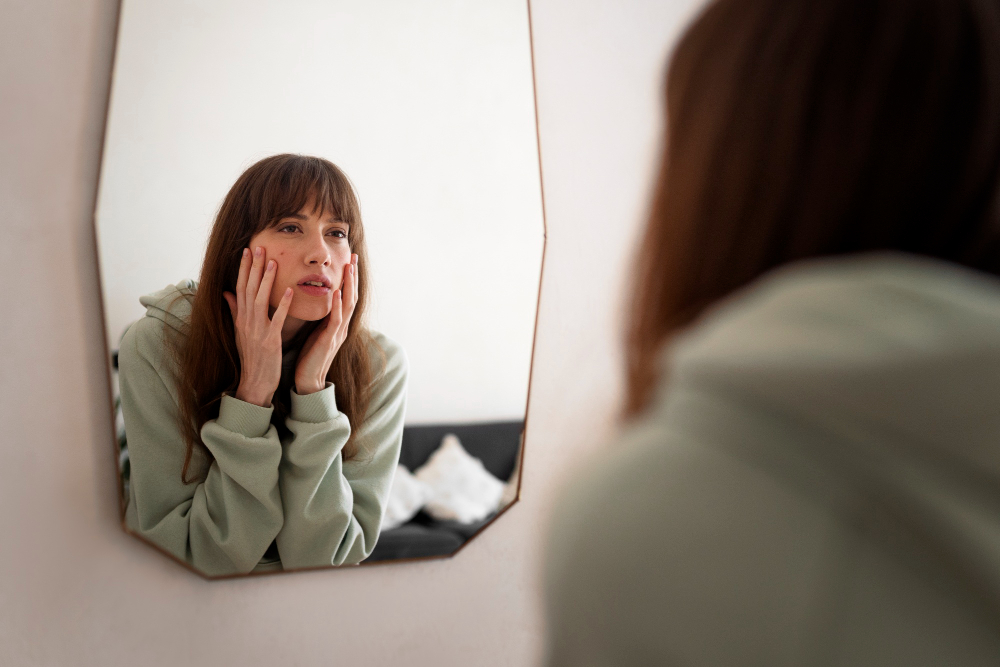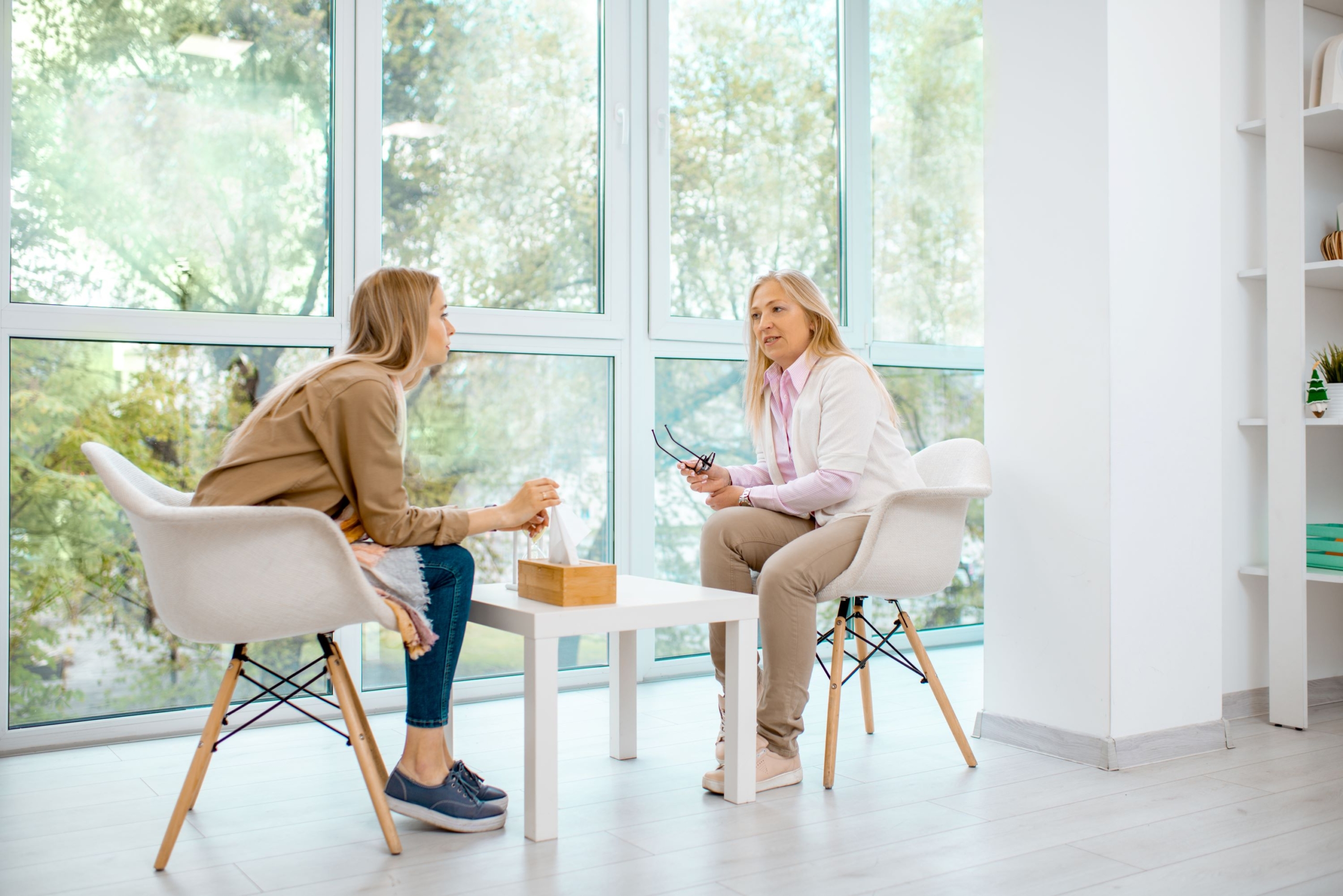What Is Loss of Confidence?
Menopause can be a challenging time for many women, not only because of the physical symptoms but also due to the emotional and psychological changes that come with it. One of the common challenges experienced by women during menopause is a loss of confidence or self-esteem.

What Causes Loss of Confidence?
Hormonal fluctuations during menopause, especially the decline in estrogen and progesterone, can impact brain chemistry and neurotransmitters that regulate mood and emotions. These hormonal changes can contribute to mood swings, feelings of irritability, and emotional vulnerability, all of which can affect a woman’s self-confidence.
Moreover, menopause is often accompanied by various physical changes, such as weight gain, changes in body shape, and alterations in skin and hair texture. These changes, combined with societal attitudes toward aging and menopause, can lead some women to feel less attractive or less valued, affecting their self-esteem.
The transition into menopause can also be a reminder of aging and the passage of time, which may prompt women to reflect on their life goals, accomplishments, and sense of purpose. This period of self-reflection can trigger feelings of uncertainty or doubt, impacting overall confidence.


How To Stop Loss of Confidence
Take time for self-reflection and recognize that menopause is a natural phase of life. Embrace the changes as part of your unique journey and focus on the positive aspects of your experiences and accomplishments.
Challenge negative self-talk and replace it with positive affirmations. Celebrate your strengths and achievements, and be kind and compassionate to yourself during this transitional period.
Seek support from friends, family, or a support group to share your feelings and experiences. Connecting with others who may be going through similar changes can provide validation and understanding.
Engaging in regular exercise, eating a balanced diet, and getting enough sleep can help boost mood and overall well-being, positively impacting self-confidence.
Consider exploring new hobbies, activities, or interests that bring joy and a sense of accomplishment. Embracing new challenges can help build confidence and self-assurance.
If feelings of low self-esteem persist or significantly impact daily life, consider seeking professional counseling or therapy to work through emotions and develop coping strategies.
For some women, addressing hormonal imbalances through bioidentical hormone replacement therapy (BHRT) may help alleviate mood swings and emotional symptoms, potentially supporting confidence and self-esteem.
Want help with your Confidence or Self-Esteem?
Click here to learn more about your options with the Healthy Hormone Club

